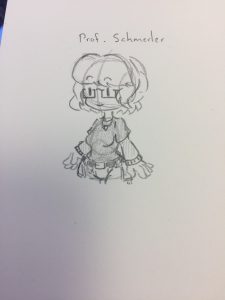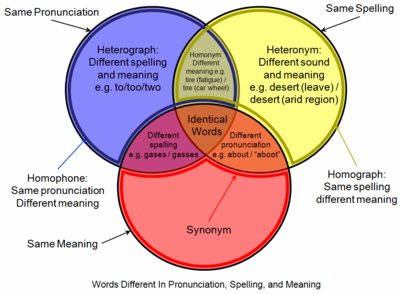From Wikipedia: Analysing lipograms
Lipograms are sometimes dismissed by academia. “Literary history seems deliberately to ignore writing as practice, as work, as play“.[19]
In his book Rethinking Writing, Roy Harris notes that without the ability to analyse language, the lipogram would be unable to exist. He argues that “the lipogram would be inconceivable unless there were writing systems based on fixed inventories of graphic units, and unless it were possible to classify written texts on the base of the presence or absence of one of those units irrespective of any phonetic value it might have or any function in the script. He then continues on to argue that as the Greeks were able to invent this system of writing as they had a concept of literary notation. Harris then argues that the proof of this knowledge is found in the Greek invention of “a literate game which consists, essentially, in superimposing the structure of a notation on the structure of texts”.[20]
From Eunoia the book:
Read a PDF of Eunoia by Christian Bok:
Dance:
Septet by Merce Cunningham, 1964
Ubu Web, a site of all things avant-garde
VOCABULARY and such:
If Beale Street Could Talk, by Baldwin
Obasan, by Joy Kogawa
Freedom Essay, redux (plagiarized) constantly:
Joseph Campbell, why am I the way I am.
B”H
The following is one (or more) important argument / discussion / problem that surrounds this issue:
The people who have this argument or discussion or problem are…:
What are some key terms (taxonomy/vocabulary) associated with this issue?:
I / we feel that it is important to open up further discussion/further research/analysis because such discussion would bring the following potential benefits:
This discussion would foster awareness of:
This awareness is important because:
A good place to begin is to ask yourself a series of questions:
- What do I want to study?
- Why is the topic important?
- How is it significant within the subject areas covered in my class?
- What problems will it help solve?
- How does it build upon [and hopefully go beyond] research already conducted on the topic?
- What exactly should I plan to do, and can I get it done in the time available?
In general, a compelling research proposal should document your knowledge of the topic and demonstrate your enthusiasm for conducting the study. Approach it with the intention of leaving your readers feeling like–“Wow, that’s an exciting idea and I can’t wait to see how it turns out!”
- Why is this important research, what is its significance, and why should someone reading the proposal care about the outcomes of the proposed study?
- If necessary, provide definitions of key concepts or terms.
- how does your own work draw upon, depart from, synthesize, or add a new perspective to what has been said in the literature?
- How might the results contribute to the solution of social, economic, or other types of problems?
- Will the results influence policy decisions?
- In what way do individuals or groups benefit should your study be pursued?
- What will be improved or changed as a result of the proposed research?
The purpose is to reflect upon gaps or understudied areas of the current literature and describe how your proposed research contributes to a new understanding of the research problem should the study be implemented as designed.
A List of Relevant Sources and a short explanation of why each is helpful/relevant/has bearing on this topic
- References — lists only the literature that you actually used or cited in your proposal.
- Bibliography — lists everything you used or cited in your proposal, with additional citations to any key sources re
Key Words or Vocabulary Terms
- For example, if your proposal is about heart diseases, you might use phrases like circulatory system, blood, heart attack, etc.
- Your keywords can be single words, or phrases of 2-4 words.
- levant to understanding the research problem.
The Hero’s Journey






